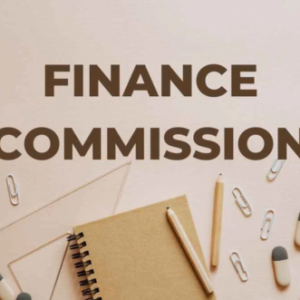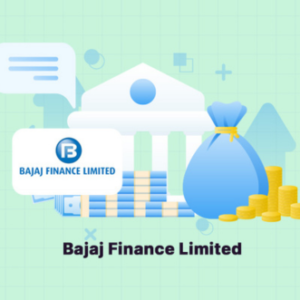Structured settlements provide recipients with periodic payments over a specified period, often resulting from personal injury lawsuits, workers’ compensation claims, or other legal cases. While this steady stream of income can be a financial safety net, there are times when immediate access to a lump sum of cash becomes necessary. This is where structured settlement loans come into play.
In this article, we delve into what structured settlement loans are, how they work, their pros and cons, and alternative options to consider before making a decision.
What is a Structured Settlement Loan?

A structured settlement loan isn’t a traditional loan. Instead, it involves selling a portion or all of your future structured settlement payments in exchange for a lump sum of cash. Companies specializing in this service purchase the rights to your payments and provide you with immediate funds.
While it’s commonly referred to as a “loan,” the process doesn’t involve repayment in the traditional sense. Instead, you’re exchanging your future income stream for present-day liquidity.
Why Consider a Structured Settlement Loan?
Individuals may opt for a structured settlement loan for various reasons, including:
1. Unexpected Expenses: Medical emergencies, legal fees, or other unforeseen financial burdens can make immediate cash essential.
2. Debt Consolidation: Using the lump sum to pay off high-interest debt can provide financial relief and stability.
3. Investment Opportunities: Some individuals may see a chance to grow their wealth through investments that require upfront capital.
4. Life Milestones: Buying a home, funding education, or starting a business might necessitate accessing funds sooner rather than later.
How Does the Process Work?
1. Assessment: The settlement buyer reviews your structured settlement agreement and assesses the value of your future payments.
2. Offer: You receive an offer detailing the lump sum amount you’d receive and the payments being sold.
3. Approval: Court approval is often required to ensure the transaction aligns with your best interests.
4. Payout: Once approved, you’ll receive your funds, and the buyer gains the right to the agreed-upon portion of your future payments.
Benefits of Structured Settlement Loans
- Immediate Cash Access: Gain quick access to funds for pressing financial needs.
- Flexibility: Sell only a portion of your payments if you want to retain some long-term financial security.
- Simplified Financial Planning: Consolidating future payments into a lump sum can simplify budgeting.
Drawbacks to Consider
- Reduced Future Income: Selling payments diminishes the income you’ll receive over time, which could impact long-term financial stability.
- Fees and Discounts: Companies offering these services typically apply a discount rate, meaning you’ll receive less than the total value of your payments.
- Court Approval: The process can be time-consuming, as it often requires judicial oversight.
Alternatives to Structured Settlement Loans
Before committing to a structured settlement loan, consider the following alternatives:
- Personal Loans: Explore traditional loan options that may have lower interest rates and no impact on your future income stream.
- Budget Adjustments: Review your expenses to identify areas where costs can be reduced, freeing up funds.
- Family Support: In some cases, borrowing from family or friends may be a viable short-term solution.
- Negotiating Payment Terms: If your settlement payments aren’t meeting your needs, you may be able to renegotiate the terms with the payer.
Key Considerations Before Selling Your Settlement
1. Evaluate Necessity: Ensure that accessing a lump sum is absolutely necessary and not a short-term solution to a long-term problem.
2. Shop Around: Compare offers from multiple companies to secure the best terms and rates.
3. Understand the Terms: Fully understand the implications of the agreement, including fees and the portion of payments being sold.
4. Seek Legal Counsel: Consulting with a financial advisor or attorney can help ensure you’re making an informed decision.
Conclusion
Structured settlement loans can be a lifeline for those in need of immediate financial relief, but they come with significant trade-offs. By carefully weighing the benefits and drawbacks, exploring alternative solutions, and seeking professional guidance, you can make a decision that supports both your short-term needs and long-term financial health. Always proceed with caution and prioritize your financial well-being when considering any changes to your structured settlement.











Touche. Outstanding arguments. Keep up the great work.
My partner and I stumbled over here coming from a different page and thought I might check things out. I like what I see so i am just following you. Look forward to finding out about your web page yet again.